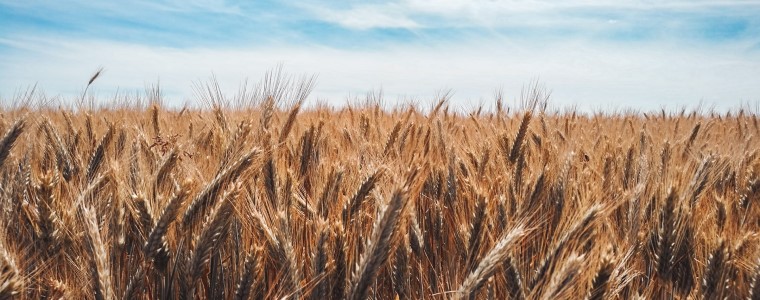Since we did not have a sermon this past Sunday, I thought I would share something today on the passage the elders recommended for family study: Matthew 13:1-23 and the Parable of the Sower.
One issue that can confuse modern readers of this parable has to do with whether more than one of the soils represents a genuine disciple of Christ. Certainly the fruit-bearing, good soil is a true Christian, but what about the rocky or thorny soil? After all, these other two soils also received the gospel seed and experienced significant plant growth. Moreover, the plant among thorns is never said to wither, though it remains unproductive. So perhaps one of or both these other two soils represents a genuine but less mature Christian?
The main reason for our confusion is that we no longer live in a society dominated by agriculture. Any ancient farmer could have told us that a plant that grows but does not bear fruit is useless—or even worse than useless for using up the farmer’s ground, time, and energy but yielding no profit (compare Lk 13:6-9)! Non-productive plants would eventually be destroyed; only fruitful and persevering plants are valuable to the farmer. Thus, the only soil that fulfills the purpose of the sower in this parable is the good soil, and the only professing disciple that truly belongs to Jesus is the one who bears the spiritual fruit of a life transformed by the gospel.
Matthew 13:23, “And the one on whom seed was sown on the good soil, this is the man who hears the word and understands it; who indeed bears fruit and brings forth, some a hundredfold, some sixty, and some thirty.”
Questions to Consider:
1. How specifically does the fruit of the gospel manifest in a true Christian’s life? Will all believers manifest the same fruit?
2. The necessity of spiritual productivity is a clear theme in Christ’s teaching. Can you think of other passages that emphasize this same truth?
3. The Kingdom Parables of Matthew 13 give insight into what following Christ will be like in between his first and second comings. What does the Parable of the Sower teach us to expect in this interim season of sowing the gospel?

